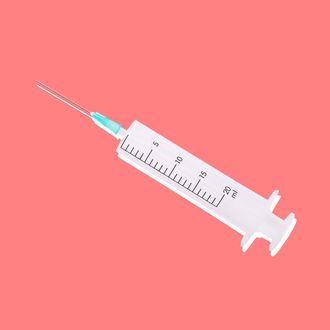
Think of the words and phrases we use to describe drug and alcohol addiction: “clean and sober,” “addicts,” “junkies.” It’s a vocabulary loaded with moralistic connotations. This isn’t good, argue the authors of a new editorial in the journal Substance Abuse, because the use of those terms can inadvertently lay the blame solely on the behavior of the person with the drug or alcohol addiction. And when people struggling with addiction internalize that attitude, it can undermine recovery.
“Even if we don’t think we’re being overtly stigmatizing … a lot of that moralistic language creeps in – like ‘clean’ and ‘dirty,’” said Lauren M. Broyles, a health services researcher at the VA Pittsburgh Center for Health Equity Research and Promotion, and the lead author of the editorial. “Changing the language helps to change the conversation, so we are now talking about a disease that has multiple ideologies – and multiple treatments.”
Broyles said she has seen for herself how a change in the language can result in a change in attitude. She remembers a patient she would often see when she was working as a consultant at an inpatient care service, who told her that he was still having “dirty urines.”
“And so I told him, ‘Well, most people think that urine in general is a ‘dirty’ substance,’” Broyles said. It’s human waste, whether or not there are traces of drugs in it, she pointed out to him. She then suggested that a better way to think about it was simply that his urine was positive for opiates. “I told him, ‘I like to think of the urine toxicity screen as a tool that we use to help you get better — it’s not an indicator of ‘clean’ or ‘dirty’ or ‘contaminated.’ You aren’t contaminated — you have an illness that needs to be monitored.” She later heard from a colleague that the conversation stuck with him, and that it motivated him to re-engage in his treatment.
“People-first” language is one alternative Broyles and her co-authors offer in the editorial – for example, someone struggling with cocaine use ideally shouldn’t be referred to as a “cocaine addict,” but rather “a person with a cocaine addiction.” That doesn’t mean phrases like “clean and sober” never work — some people might find them empowering. The key, she says, is to pay attention to what sorts of messages a given individual responds to during treatment — there isn’t a one-size-fits-all approach. A little empathy goes a long way in addiction recovery.




